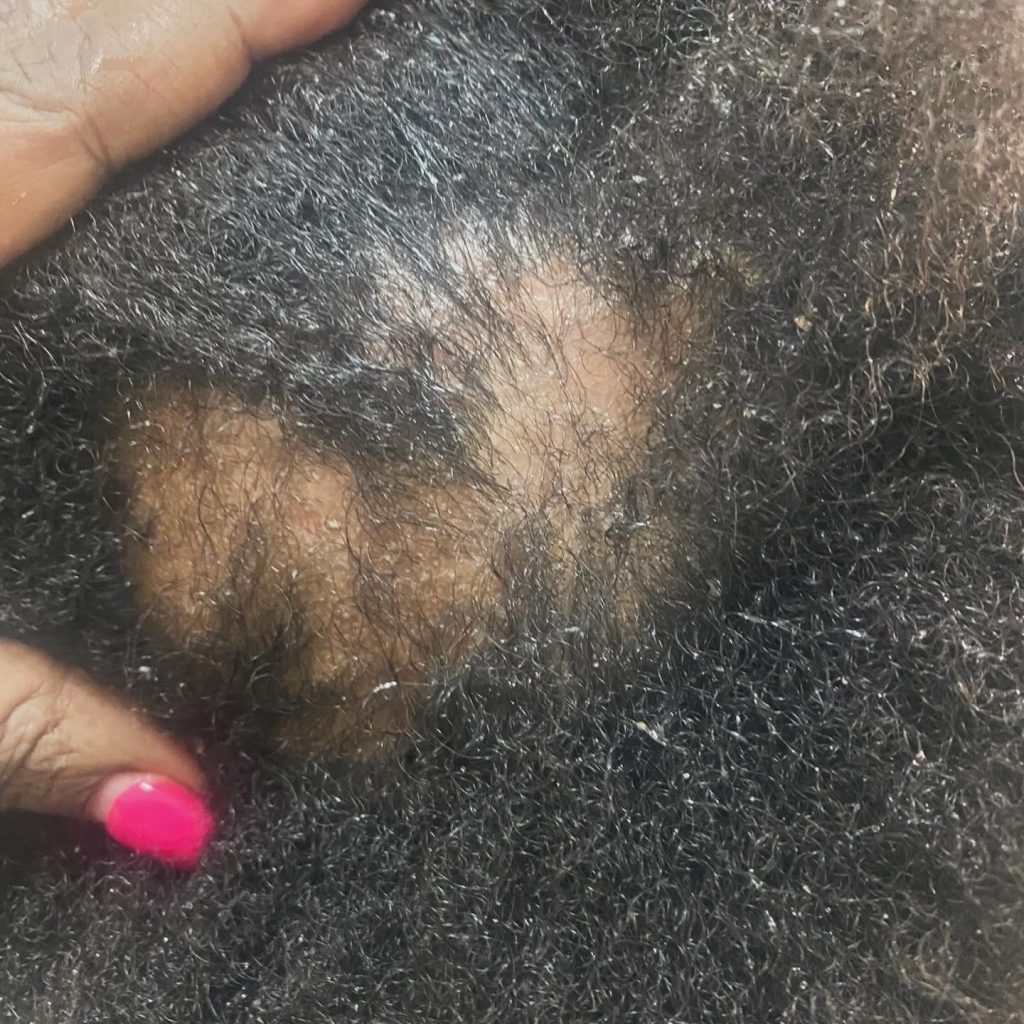Yes! Scalp eczema (seborrheic dermatitis) can be triggered by several factors, including:
Stress – Can lead to flare-ups.
Weather changes – Cold, dry air or excessive humidity can worsen symptoms.
Harsh hair products – Sulfates, alcohols, and fragrances can irritate the scalp.
Yeast overgrowth (Malassezia) – A fungus naturally present on the scalp can contribute to inflammation.
Diet – Certain foods (e.g., dairy, sugar, processed foods) may worsen symptoms in some people.
How to Take Care of Scalp Eczema:
Use a gentle, medicated shampoo
Shampoos with Anti -fungal propertie,#thesalonessentals Anti-Dandruff System help.
Rotate shampoos to prevent resistance.
Moisturize the scalp
Light scalp cream (#scalprenew ) or anti-inflammatory scalp serums can help with dryness.
Avoid heavy oils like coconut oil, which may worsen yeast overgrowth.
Avoid harsh hair products
Use sulfate-free, fragrance-free shampoos and conditioners.
Stay away from alcohol-based styling products.
Exfoliate gently
A mild scalp scrub or an exfoliating shampoo like Avlon Keracare Dry And Itchy Scalp Shampoo And Conditioner https://amzn.to/4bZmL0A can help remove flakes.
Reduce stress
Practice relaxation techniques like meditation, exercise, or breathing exercises.
Monitor your diet
Reduce inflammatory foods and add omega-3s (found in fish, flaxseeds, walnuts) to support scalp health.
You need no prescription treatments to control your eczema on the scalp.
Do your follow up consult with you Trichologist ,to keep you eczema under control by simple doing those steps.
#thesalonja #whatsapp8762898087

Eczema with hair loss